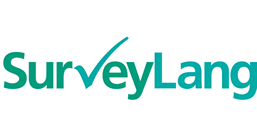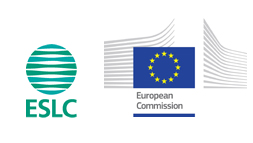A brief history
The European Survey on Language Competences aims to be a key tool for European governments to use in developing language-learning policies and is part of the European Commission’s aim to ‘improve the mastery of basic language skills in Europe’ (2002) and ‘establish a linguistic competence indicator’ (2005).
It was in 2005 that the European Commission presented a communication which first described 'The European Indicator of Language Competence'. The communication described the need for a tool for European governments to use to develop language-learning policies and improve national standards.
This communication outlined a tool which would help governments understand existing levels of second language proficiency and enable them to make meaningful comparisons with other countries. Additionally it would provide information on how demographic, social, economic and educational variables affect language proficiency both within and across member states.
A communication from the Commission to the Council entitled “Framework for the European Survey on Language Competences” (13 April 2007) gave a more detailed description of how such a survey should be created. In 2007, after acceptance of the framework, the European Commission extended an open invitation for organisations to tender to deliver the Survey.
The contract was awarded to the SurveyLang consortium in February 2008 and work began immediately on establishing the systems and frameworks necessary to deliver the Survey.
In carrying out work on the European Survey on Language Competences, SurveyLang makes regular formal reports on progress and any arising issues to the European Commission and the Advisory Board. The Advisory Board provides the European Commission with advice on the implementation of the survey and development of a language indicator and is made up of representatives from each EC Member State. The Advisory Board meets several times a year.

